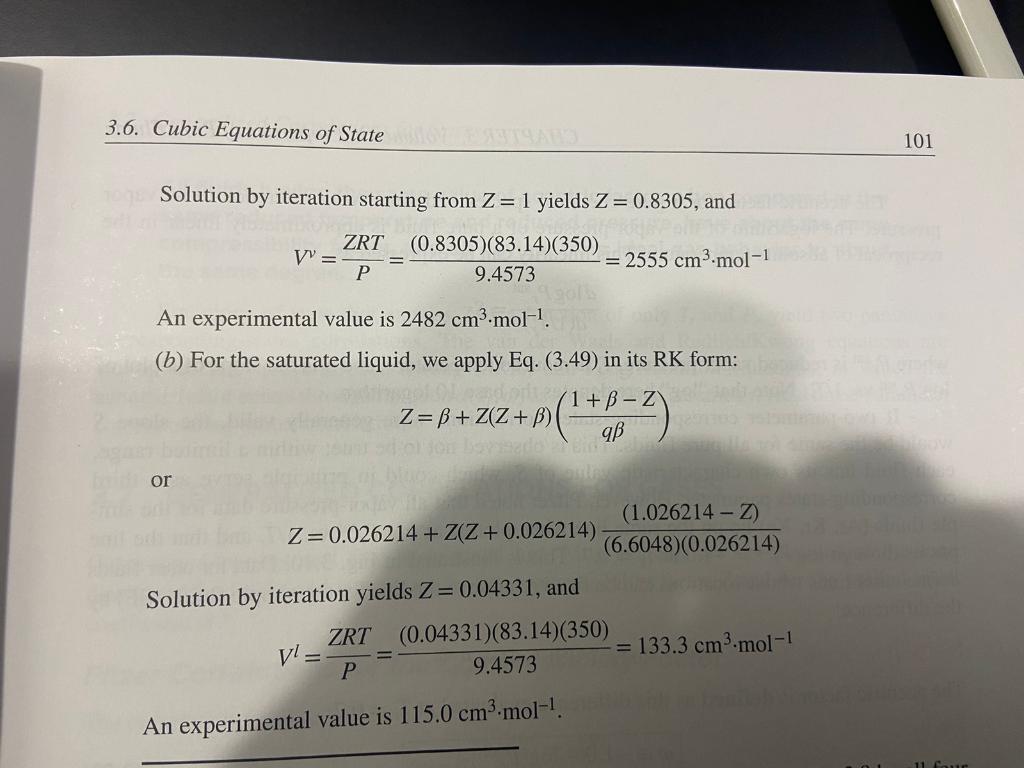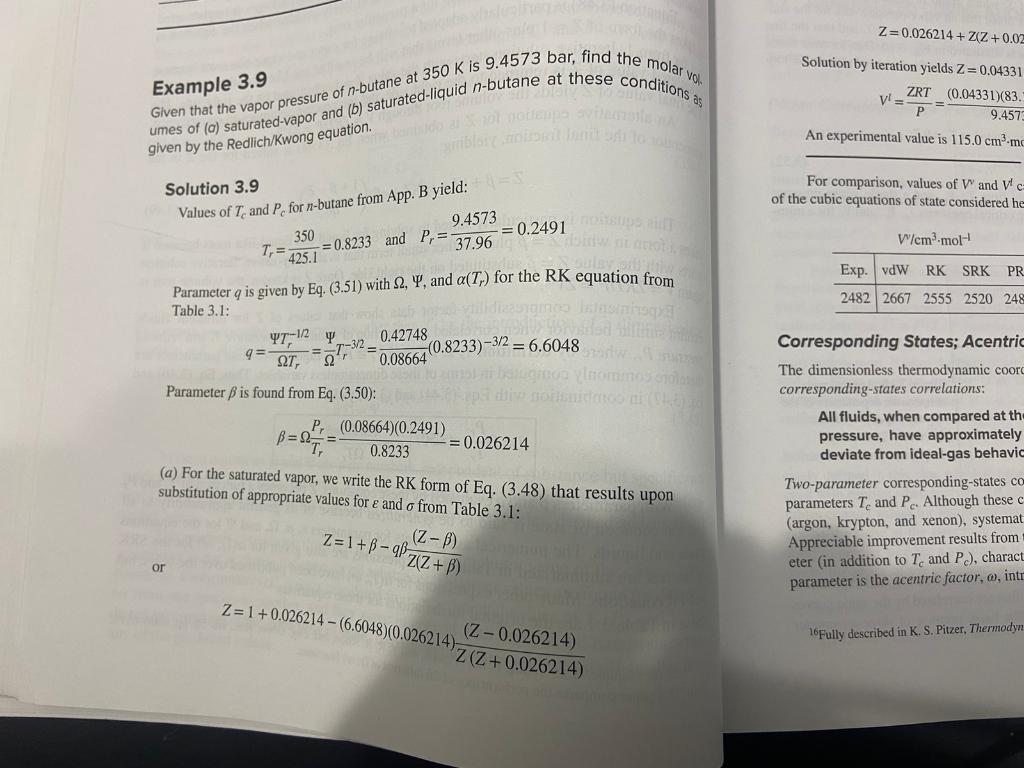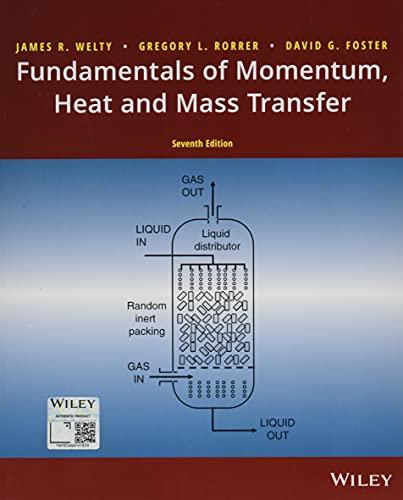Answered step by step
Verified Expert Solution
Question
1 Approved Answer
solution by iteration starting from z= 1 yields z = 0.8305 Can you please show me how to get z= 0.8305 Solution by iteration starting
solution by iteration starting from z= 1 yields z = 0.8305
Can you please show me how to get z= 0.8305


Step by Step Solution
There are 3 Steps involved in it
Step: 1

Get Instant Access to Expert-Tailored Solutions
See step-by-step solutions with expert insights and AI powered tools for academic success
Step: 2

Step: 3

Ace Your Homework with AI
Get the answers you need in no time with our AI-driven, step-by-step assistance
Get Started


